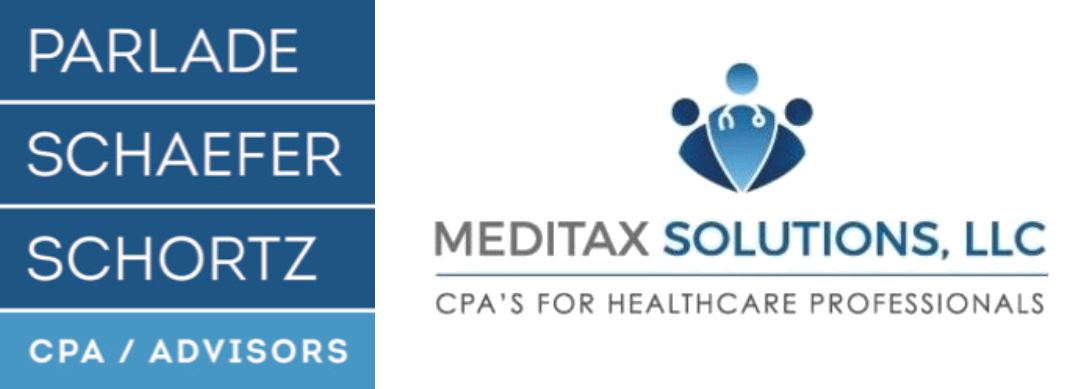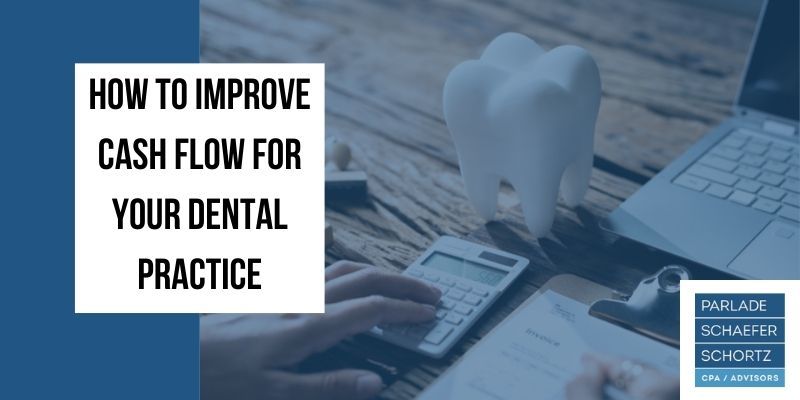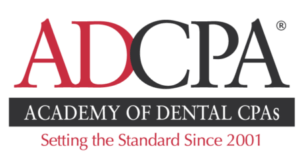Running a Successful Dental Practice Starts with a Fundamental Habit
You walk into the office and this morning is different, you can feel there’s tension in the air. The front desk is scrambling and apologizing on the phone. Your dental hygienist is unfortunately out sick today, the front desk is hustling to reschedule patients, and there’s a tiff between the front and back staff. You turn the corner to remember your first patient is the crotchety one, the one that likes to make a brash comment every time that they’re single handedly paying for your car.
Your list today is long and you tackle it like you do every day. BUT, in all this chaos of the day to day have you had a moment to step back and ask, are you on course to creating the practice you desire? We are talking about clarity and if it’s a habit in your practice. It is so simplistic, that it is easy to skip forming this into a habit with the distractions of each day.
However, without clarity you are being tossed about like a ship in rough waters without a course. There are many books and articles on the topic of clarity. This fundamental habit is stressed by entrepreneurs in all types of industries. Clarity extends beyond running a successful dental practice, it is a required habit if you have any large goals you are trying to attain in life. The bigger the goal the clearer you need to be. Articles by entrepreneurs published in Entrepreneur and Forbes share that they have learned clarity is critical to success, and lack of it is one of the most common reasons for not reaching goals or failing altogether.
They’ve learned clarity must become a habit to build a successful enterprise. So check-in with yourself. Are you clear on exactly what you want your dental practice, finances, and work-life balance to look like? Are you still steering your ship in the right direction?
As one seasoned dentist put it, begin with the end in mind. This question helped him gain clarity and build his successful dental practice with precision.
What does your end look like? The more specific you are with your questions to yourself the greater clarity you will gain in your decisions. Let’s start with:
- What makes your work fun?
- What types of cases do you enjoy the most?
- Which demographic has the most of these cases?
- Where is this demographic most condensed?
- What environment brings you the most peace?
- Do you and your family enjoy the bustle of urban areas or the quietness of rural living?
What Can Clarity do for Your Dental Practice?
These questions can help you decide the area you may want to build, acquire, or expand a practice to. Even if that is not of interest to you these questions will help you refine your marketing to attract the clientele that is the most fun for you to work with. Loving what you do, is sensed by those you serve and inspires loyalty. Having clarity helps you weed out what is and isn’t worth your time. For instance, if you love working with retirees then figuring out Instagram promotions probably isn’t worth your time. Being clear on the demographic you love to serve most will also help you decide which services you may want to expand into now or later.
It will guide you to build the staff best suited to serving your dream patients. Perhaps they need to be amazing with kids or make the older generation feel warm and fuzzy. Find clarity on your financial goals, so you can make choices that set you up for where you want to be. Whether that be tackling student loan debt, startup costs, planning for retirement, finding the best time to purchase that new piece of equipment, and so on.
Impact
This may not seem all that profound, and it is not. BUT, it can have a massive impact on your success if turned into a habit. With all the distractions we all need a reminder to slow down reflect and evaluate. Is what you are doing right for you? Clarity serves as a benchmark so you know if you are on the right track and in line with your goals.
- Benefits of Clarity
- Improves leadership
- Fine tunes your staff
- Cultivates partnerships that align with your values
- Improves productivity
- Makes it easier to identify the weak areas
- Improves decision making
- Brings in patients you enjoy serving
- Pays off debt
- Acquires practices
- Builds retirement
- Creates peace
When you are clear you can communicate the direction you are headed thereby being a better leader, improving the productivity of your staff and partnerships, and reaching your goals more quickly. AND You Don’t have to do it ALL alone. Build a support network with other dentists, connect in person, or even on Facebook groups, hire a coach or mentor who understands the demands you juggle. If you are up into the wee hours of the night researching tax breaks, payroll laws, Google ads, or what to do about an unfair online review, then it’s probably not worth the stress of doing it yourself.
Partner with experts in those areas, to maximize your gains and free up more of your time. What is profit without peace? Running A Successful Dental Practice
With the world hitting a gigantic pause button and slowly starting back again, this is a great time for all of us to gain clarity on if our choices are leading us closer to our goals. What running a successful dental practice looks like to you doesn’t likely look the same to the dentist down the road. Be clear on what you want so you can make the absolute best choices for you.






